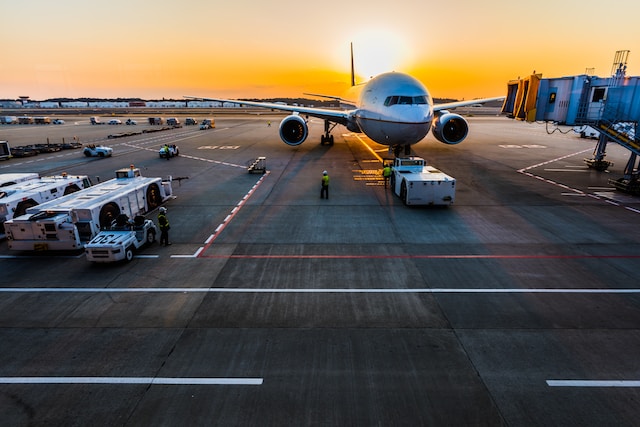Contributed by Ms. Zhao Jing, Hylands Law Firm. For more posts about China Customs Affairs, please click here.
From the perspective of customs supervision in China, exports are divided into three categories: prohibited exports, restricted exports, and free exports.
I. Prohibited exports
The Chinese government will publish a list of prohibited exports regularly. In addition, some laws also specify the types of goods that are prohibited from being exported.
1. Goods on the list of prohibited exports
China has now published five batches of prohibited exports, including substances that damage the environment, endangered species or their products, charcoal, certain hazardous chemicals, pesticides, silica sand, and quartz sand that threaten human health.
2. Exports prohibited by laws
These refer to newly discovered or valuable wild plants, source plasma, certain chemicals that cause great harm to the environment, etc.
II. Restricted exports
China has lists of restricted exports, on which all the goods listed must acquire export licenses or quotas before being exported.
1. Goods under license management
Exporters must obtain export licenses from licensing authority, China’s Ministry of Commerce, or other government departments, before exporting certain goods, such as dual-use items (sensitive items or precursor chemicals), endangered species, and gold products.
2. Goods under quota management
China has adopted quota management for some exports within a certain period, and only enterprises that obtain export quotas are allowed to export such goods. The goods under quota management vary yearly, including some Chinese herbs and livestock in 2023, for example.
III. Free exports
Most goods can be exported from China freely, except for prohibited and restricted exports.
Contributor: Zhao Jing
Agency/Firm: Hylands Law Firm
Position/Title: Partner
* * *
Do you need support in cross-border trade and debt collection?
CJO Global's team can provide you with China-related cross-border trade risk management and debt collection services, including:
(1) Trade Dispute Resolution
(2) Debt Collection
(3) Judgments and Awards Collection
(4) Bankruptcy & Restructuring
(5) Company Verification and Due Diligence
(6) Trade Contract Drafting and Review
If you need our services, or if you wish to share your story, you can contact our Client Manager Susan Li (susan.li@yuanddu.com).
If you want to know more about CJO Global, please click here.
If you want to know more about CJO Global services, please click here.
If you wish to read more CJO Global posts, please click here.
Contributors: Zhao Jing










